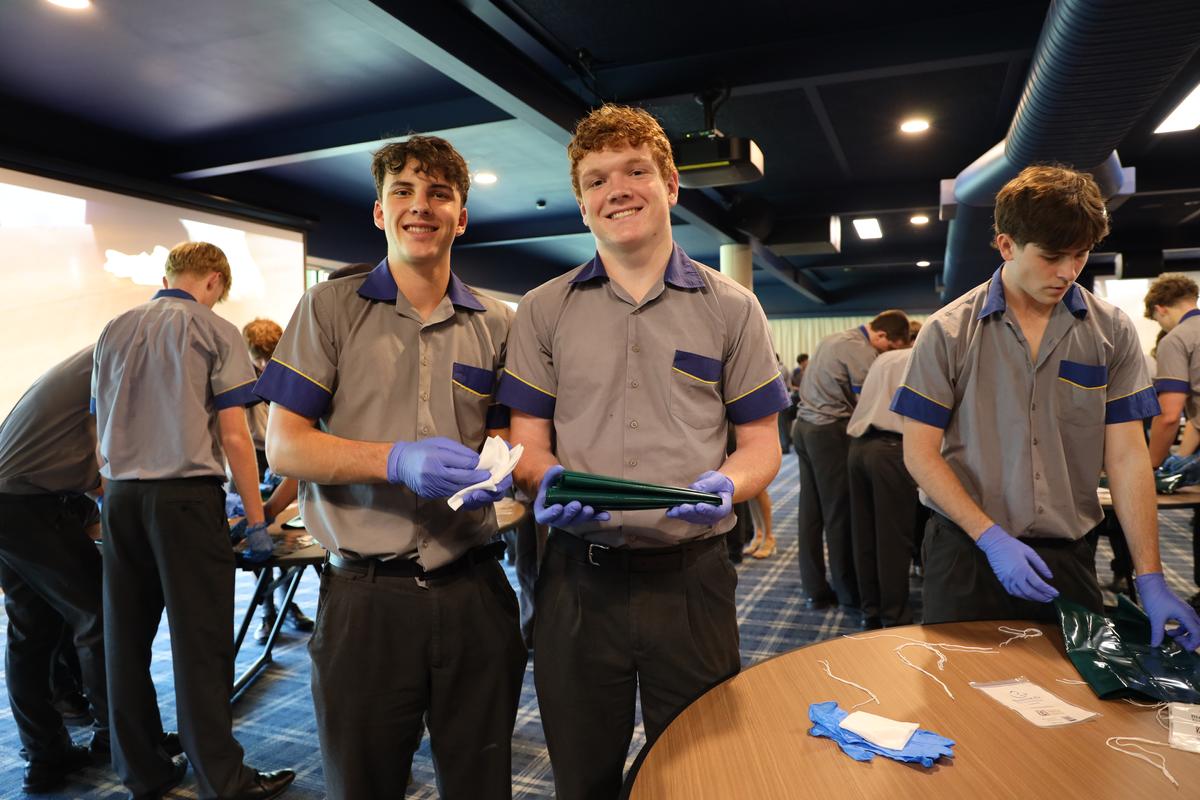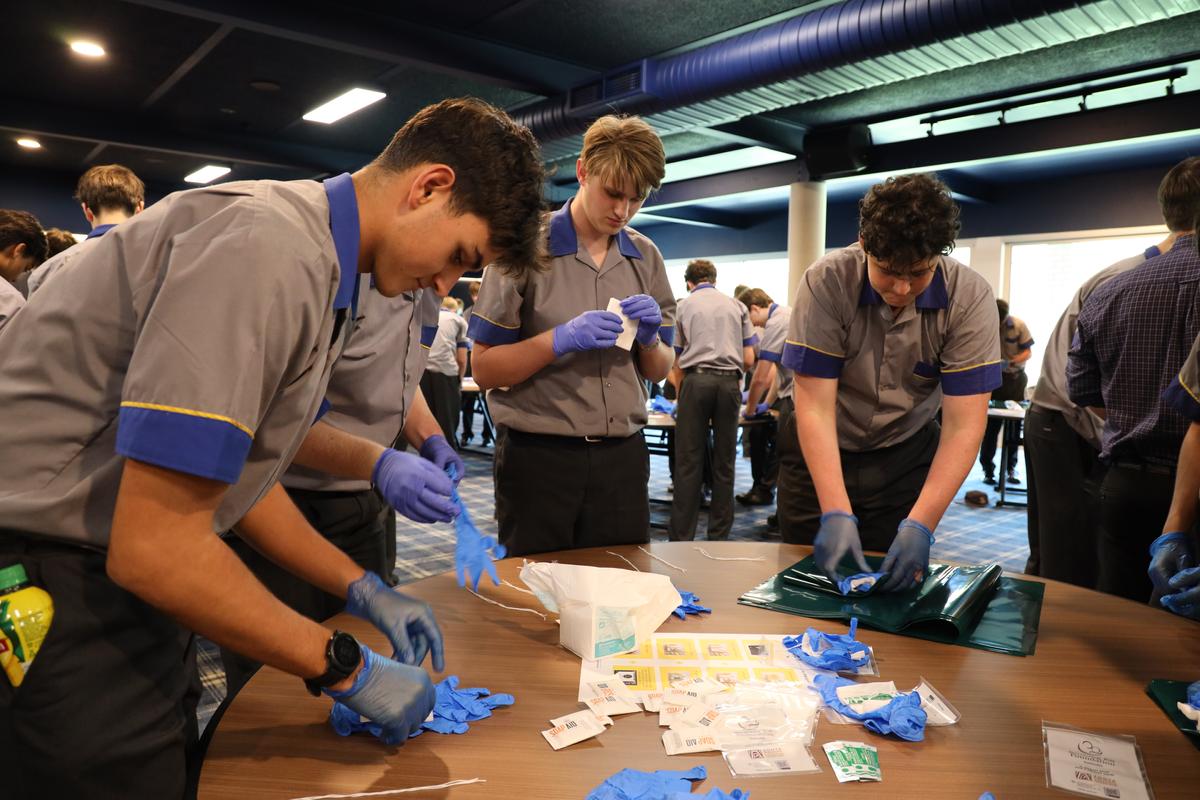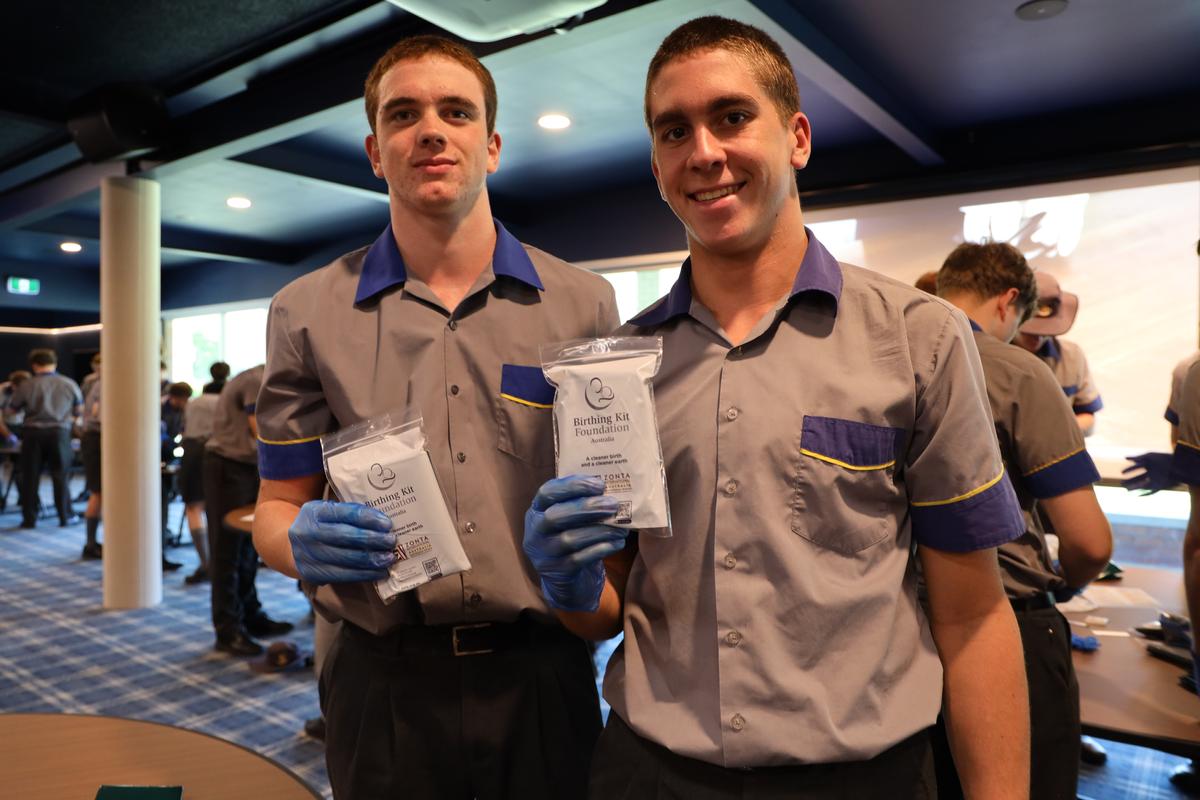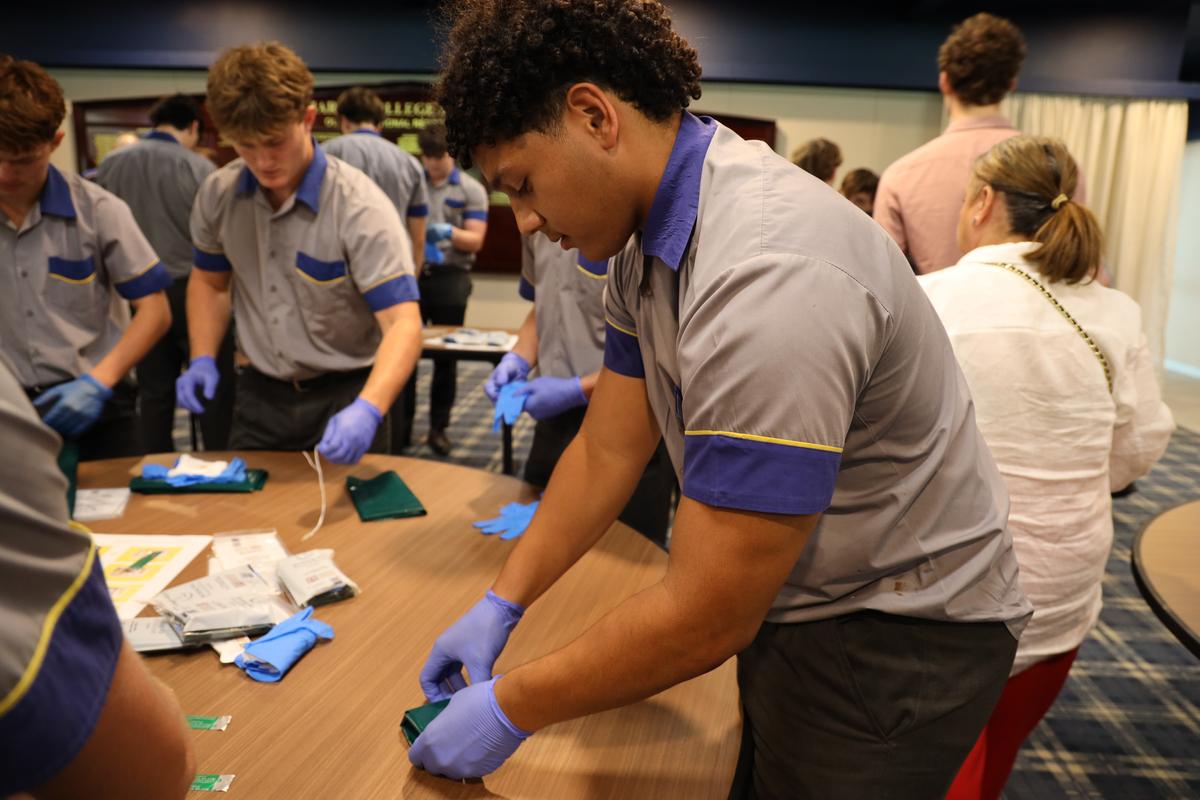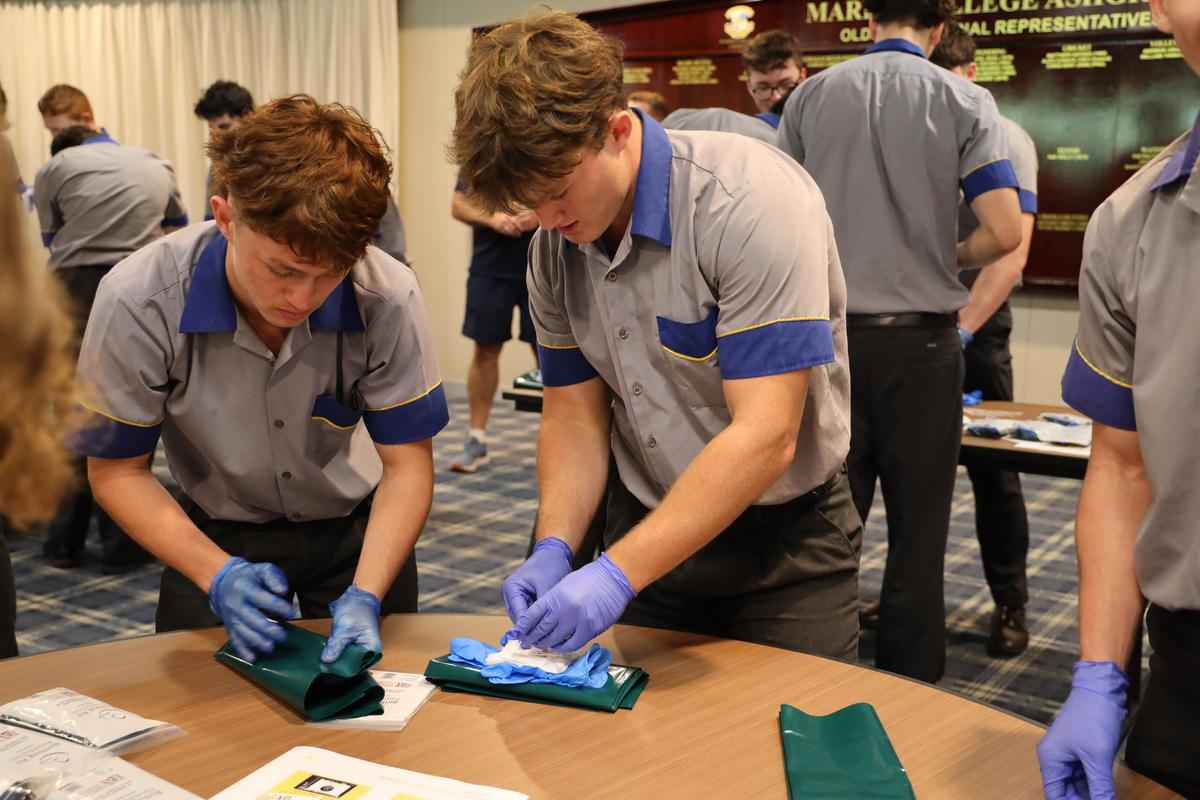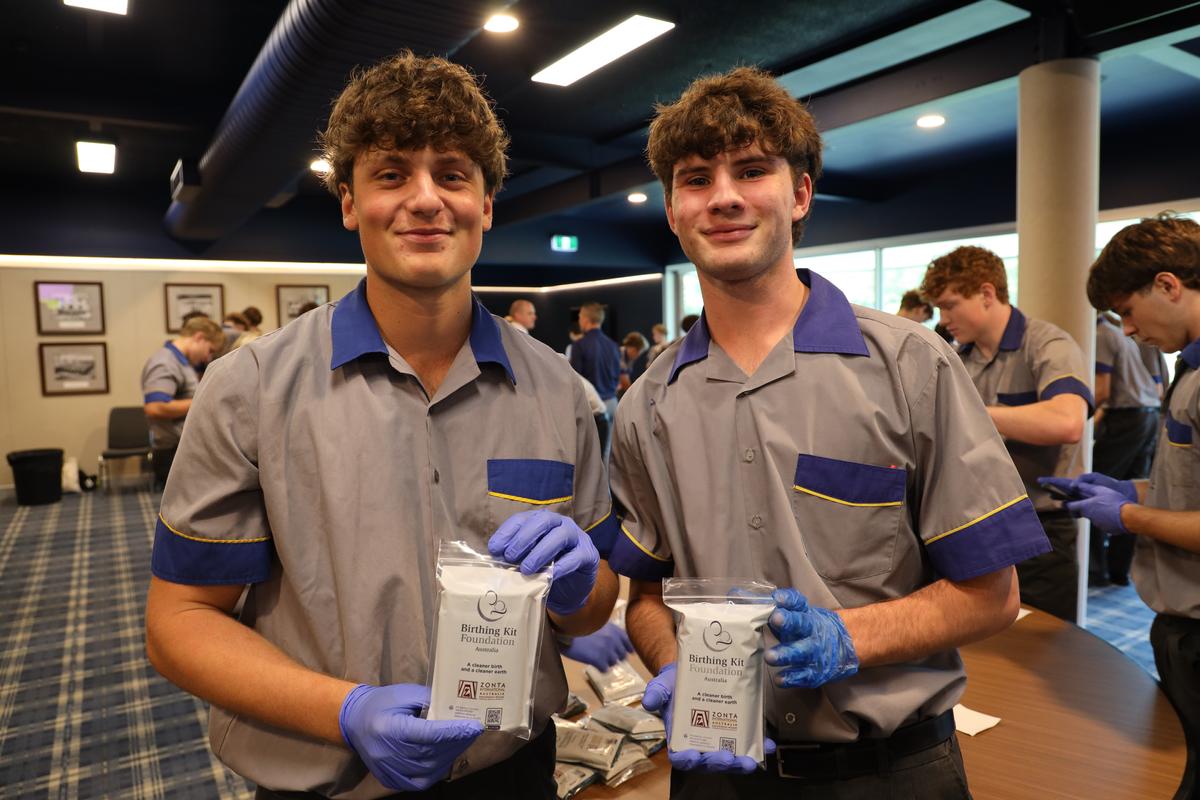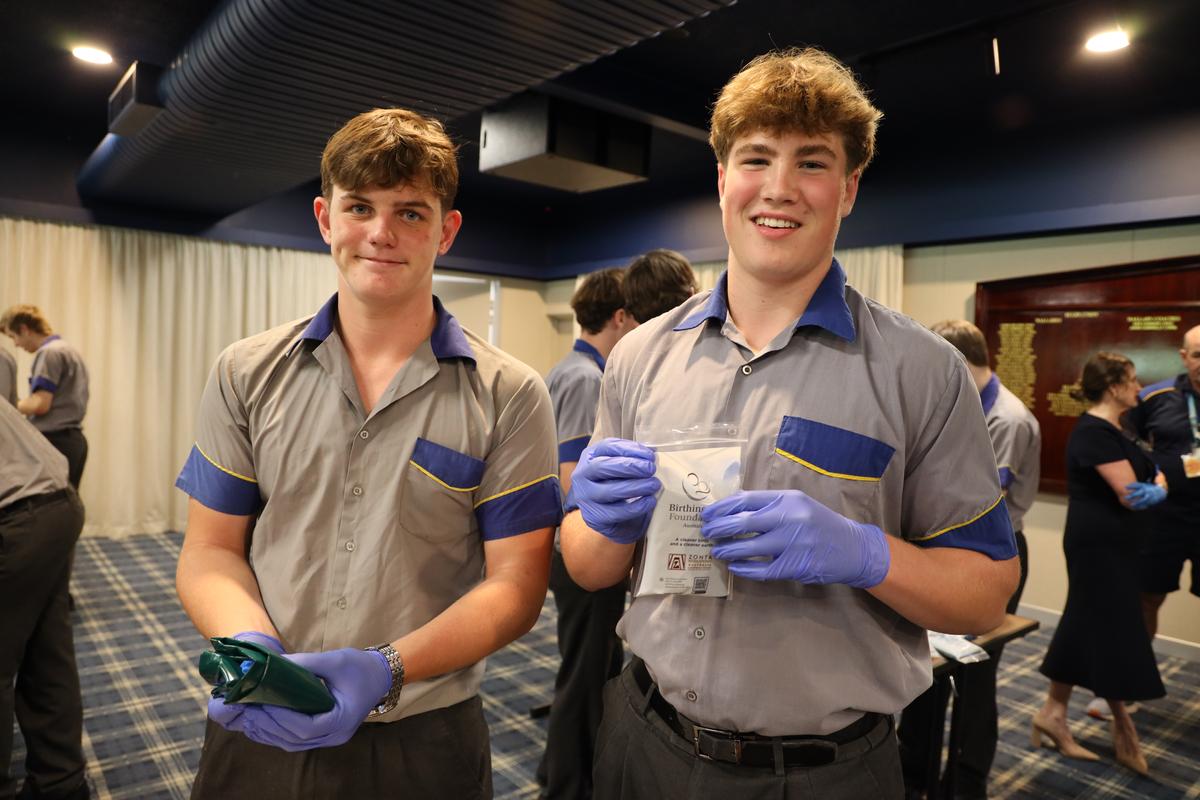Head of Students News
Mr Phill Holding

Head of Students News
Mr Phill Holding
At Marist College Ashgrove, we place great importance on student attendance, maintaining an expectation that students are present every day and aim for an attendance rate of 95% or greater for the year. Whilst it doesn’t always work out as simply, this equates to no more than two to three days off per term, or a total of about 10 days per year. The reason we maintain this expectation is that we know the significant benefits our students get from regular attendance and conversely, the disadvantages they face, both in the short and long term, if their attendance is poor.
I am excited to share insights from the latest research by the Australian Education Research Organisation on the benefits of regular school attendance. This research highlights how attending school can positively impact students, families and the broader community.


Academic Benefits
Regular school attendance is crucial for a young person’s educational success. It increases their exposure to instructional time, which is essential for promoting strong educational outcomes. Several studies have shown this link between consistently high attendance and better school completion and achievement (Allensworth and Balfanz, 2019; Keppens and Spruyt, 2020; Ansari and Pianta, 2019; Gershenson et al., 2017; Gottfried, 2011, 2014; Smerillo et al., 2018; UK Government, 2022).
Social Benefits
School is not just about academics; it’s also a place where young people can develop socially. Attending school allows students to spend time with friends, explore interesting topics and receive support from teachers and school staff (Heyne and Brouwer-Borghuis, 2022). Over time, school helps students build important skills such as relationship-building and decision-making (Collie, 2019). Regular attendance also helps young people learn to implement routines and take on responsibilities (Heyne et al., 2020).
Personal Development
The school curriculum plays a significant role in shaping a young person’s identity, passions, morals and ethics (Eccles and Roeser, 2011). Regular attendance can also act as a buffer against mental health issues, providing a stable environment for growth and development (Bonell et al., 2019; Lawrence et al., 2019).
Community Benefits
Schools play a crucial role in the community by preparing students for active social and economic participation. Attending school equips young people with the necessary skills and knowledge to become productive members of society. This educational foundation is essential for fostering future community leaders and ensuring that students are ready to engage in various social and economic activities. Additionally, school attendance supports parents in pursuing employment. Completing school is a significant milestone that enables young people to contribute meaningfully to society.
Addressing Challenges
We acknowledge that not all students experience the same challenges in attending school regularly. At Marist College Ashgrove, we have a team of supports available to assist families where needed and take a proactive approach to the identification of potential school attendance concerns.
We hope this information underscores the importance of regular school attendance and encourages you to support your son’s educational journey. Should you have any concerns regarding your son’s attendance, please reach out to your son’s Head of House or a member of the Pastoral Team as we are eager to support.
Every day matters!
After months of preparation, our swimmers will be competing in the 2025 AIC Swimming Championships this Friday evening. The boarding community, along with a number of Year 12 students will be attending in support of the team. We wish all our competitors and coaches the best of luck.
As we near the end of term, please encourage your son/s to visit student administration to check if their lost items have turned up. We have a large amount of lost property, much of which is unnamed. These items will be disposed of at the end of Term 1.
A friendly reminder to clearly label your son’s items with their name and house to ensure we can return them as quickly as possible.
In recent weeks, the College has received notification of a small number of behavioural concerns that have occurred whilst students are on buses. This has included incidents of students being out of their seats, failure to utilise the seat belts provided, inappropriate use of mobile devices and verbal and/or physical altercations. The College has worked with respective bus companies, students and parents in addressing these instances, and in most cases, this has involved school-imposed sanctions. In some instances, the College and bus companies have suspended a student’s access to buses, resulting in their family having to find alternate transport to and from school.
Whilst understandable that students are looking to relax and socialise after a day at school, this does not mean College expectations cease to exist as the bus pulls away from the school. Student behaviour and personal presentation is expected to always be of the highest standard, and any conduct in breach of the student code of conduct will place a student’s ability to access school buses at risk.
Parents are asked to speak with their sons about this as a proactive reminder to always conduct themselves in an appropriate manner when on public transport.
Thanks to the Foley Leaders for the recap of the day.
On Thursday 13 March, the Foley leaders partnered with the Zonta Foundation to create 500 birthing kits with the helping hands of the Year 12 cohort as a part of our ASH program. This initiative was also a way to celebrate International Women’s Day by supporting maternal health and empowering women in need.
Birthing kits are essential for women in third-world countries as they provide clean and safe materials for childbirth, reducing the risk of infections and complications. In many developing regions, access to proper medical facilities is limited, and these kits serve as a life-saving resource for mothers and newborns. By supplying basic hygiene essentials like sterile gloves, soap, and a clean delivery surface, birthing kits help prevent maternal and infant mortality, improving overall healthcare outcomes.
As a group of Year 12 boys, participating in this initiative was a powerful experience. It is not often that young men engage directly in projects that support women’s health, but this was an opportunity to broaden our perspective and play a role in addressing gender-based health inequalities. Understanding the challenges faced by women in disadvantaged communities helped us appreciate the importance of service and empathy.
This project was a chance for us to step beyond our usual experiences and contribute to something meaningful. It challenged us to think about the privilege of access to healthcare that we often take for granted and inspired us to be more aware of global inequalities. Through teamwork and service, we were able to make a tangible difference while reinforcing the values of respect, solidarity, and social responsibility.

